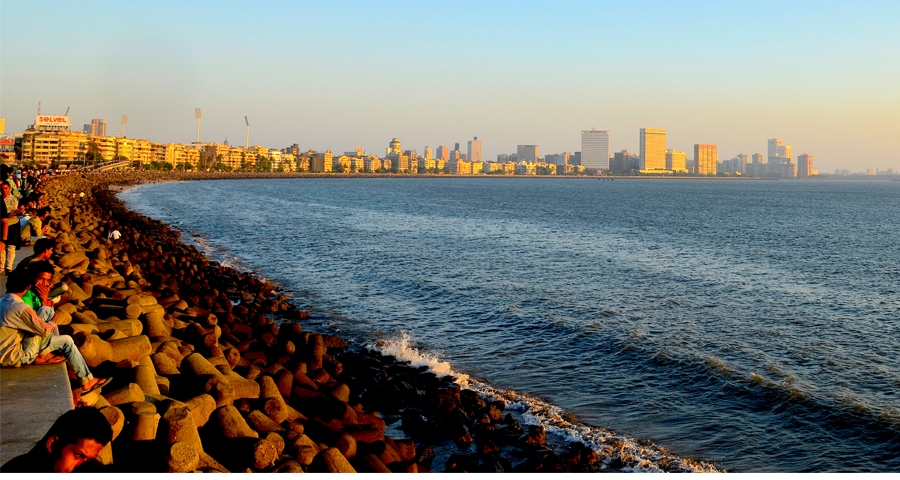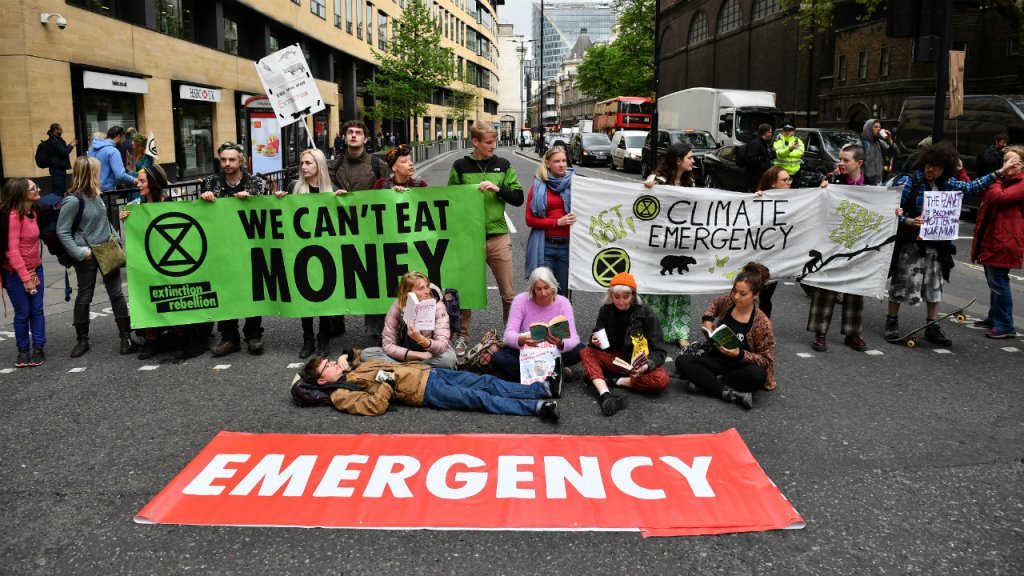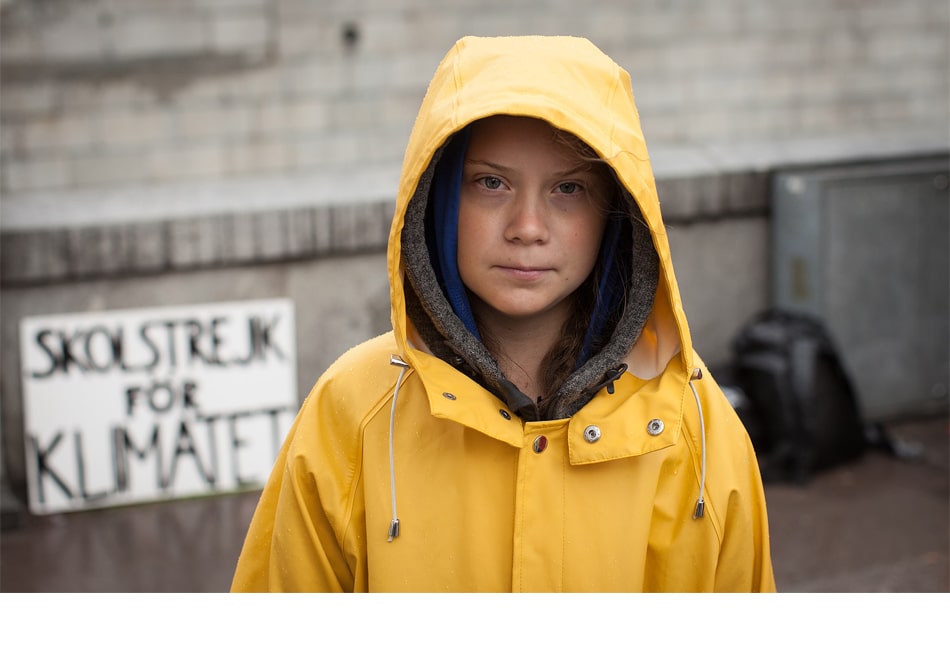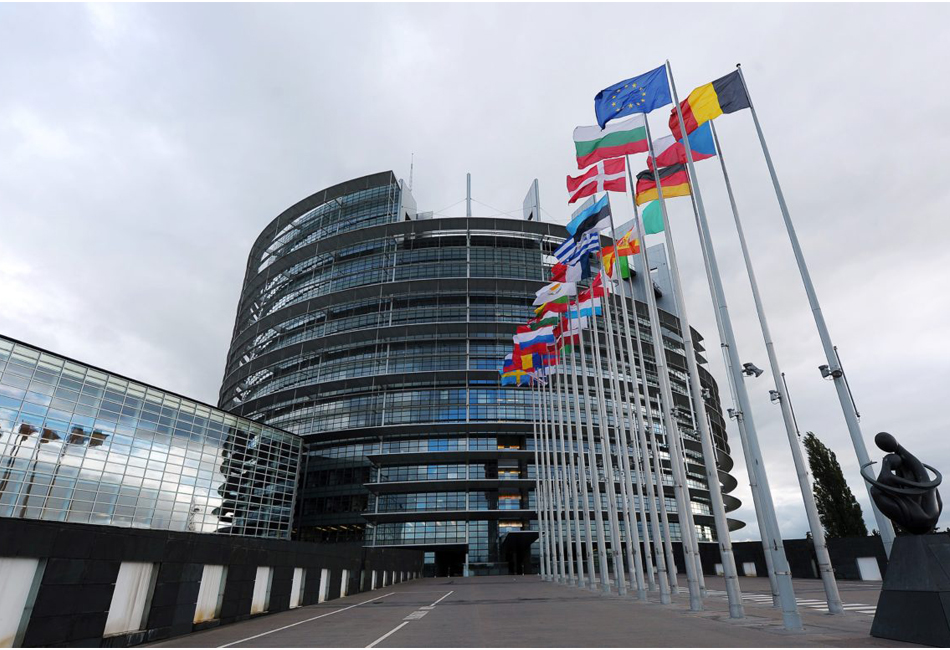Download Free Vegan Starter Kit -

India Among “Most Vulnerable” To Rising Sea Levels & Climate Change, According To IPCC Report
We’re not trying to sound alarmist, but climate change is real and cannot be ignored.
While attending the ASEAN summit, UN Secretary-General Antonio Guterres voiced great concern over rising sea levels, adding that the nations who will likely be most affected by it are Japan, China, Bangladesh and India.
He cited a report by the non-profit research centre Climate Central that states that the level of of the oceans is rising much faster than what has been forecast. He said that unless nations work to reverse this trend, 300 million people might be flooded by seawater as soon as 2050.
"Dramatically, the most vulnerable areas are exactly in Southeast Asia, in Japan, China, Bangladesh and India," he said adding that Thailand risks having 10 per cent of its population in flooded areas by the sea.
The study, conducted by Scott A Kulp and Benjamin H Strauss of Climate Central was published in the journal Nature Communications and draws from satellite imagery. According to the duo, scientists thus far have underestimated the extent to which coastal areas are at risk of flooding.
“Our data improve the picture, but there is still a great need for governments and aerospace companies to produce and release more accurate elevation data. Lives and livelihoods depend on it,” said Strauss.
And this isn’t the only report that puts India at risk. Another report, approved by the IPCC and released two days after the UN Climate Action Summit in New York late last year, states that global seawater levels are set to rise by 1 metre by 2100 if carbon emissions go unchecked. This would submerge hundreds of cities and tiny island nations, including Mumbai and Kolkata. The report also said that extreme weather conditions are like storms may become yearly occurrences because of accelerated global warming.
Our oceans have absorbed 90% of the excess heat in the atmosphere to make the planet habitable, and, this heat has sped up the melt-off from glaciers to high levels (particularly the sheets in Greenland and Antarctica) causing the rise in sea levels.
And what’s making our planet hotter? Greenhouse gas emissions, which are the main culprits when it comes to rising sea levels. And one of the leading causes of those emissions is animal agriculture. At 18%, it accounts for more emissions globally than all forms of transport combined. And, as we have said here countless times before, by simply switching to a vegan diet, you can cut down on those very emissions. It’s important now, more than ever before, to educate yourself and those around you about how we eat affects the planet.
AUTHOR

trending
Be a Vegan First Informer
Send us buzzworthy news and updates
Explore
Contact Us
About Us
Stay Connected
Copyright ⓒ 2017-2023. VEGAN PASSION PRIVATE LIMITED. All Rights reserved.
For more information, please write to hello@veganfirst.com
Registered Office Address: 55, 2nd floor, lane 2, Westend Marg, Saidullajab, Near Saket Metro Station, New Delhi, Gadaipur, New Delhi South West Delhi, DL

2.png)

.png)
.png)
2.png)
2.png)
2.png)


1.png)







